Is Tablet-Creep in Operating Systems a Bad Thing and Must we Accept it?
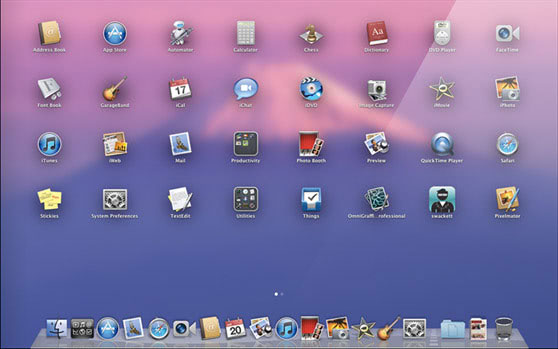
Like it or not, it would appear that the tablet-ification of our desktop operating systems is inevitable. Setting aside the new Metro interface that will take the main focus of Windows 8, Apple are slowly creeping more tablet features into OS X and even Canonical are getting in on the act with their Unity interface for Ubuntu and their removal of drop-down menus. So is tablet-creep a bad thing, and need we accept it?
With Windows 8 out next week in beta we will finally get the answers to the most asked questions about the OS, namely can the traditional desktop be set as the default interface and what happens with launching programs from it? Currently we don't definitely know the answers to these questions, though I was told privately by Microsoft that the answer to the first one was most certainly "yes". Other things we don't yet know is can the Start Menu be reinstated or in fact do we need it at all? When Windows 7 was launched back in 2009 I was heavily critical of the half-way house between the old interface of the Start Menu and the new OS X-style dock on the Taskbar (then called the Superbar). Why did we need the Start Menu at all when programs could automatically install themselves to the Taskbar and folders containing multiple programs, such as utilities for that program, could be handled in jumplists. This seemed like a much more sensible idea to me and, frankly would have been a perfectly acceptable solution to Microsoft's concerns about Start Menu entries being too difficult, and taking too many clicks to find.
Their solution to this and other problems was Metro, but it's not just Microsoft doing this. Apple first introduced the iOS-style Launchpad in Lion last year much to the concern of IT Pros. This, coupled with the effective downgrading of the Final Cut Pro video editing package to a consumer version has led to many people being very vocal about their concerns for the future of the platform. The next edition of OS X, Mountain Lion, doesn't on the face of things move further tablet features into the operating system, but this hasn't stopped people complaining about tablet-creep on the platform.
Even GNU/Linux isn't immune to tablet-ification with Canonical already having shipped their new Unity, finger-friendly interface with Ubuntu last year. This interface, which is a cross between the Apple Launchpad and Canonical's own take on the format has so far gone unchallenged by IT Pros, but this is probably just because of their small market share.
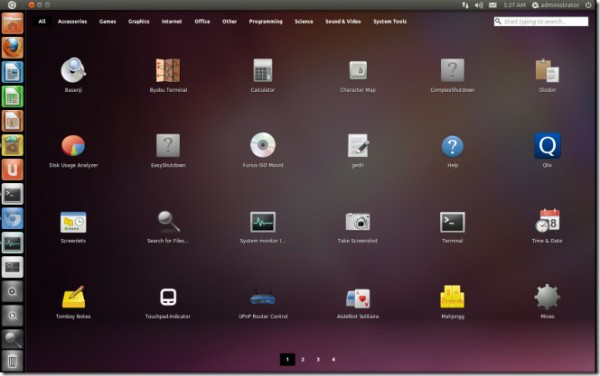
I want to ask the question though if these are actually a bad thing. The reason I ask this is because I'm old enough to remember (just!) when the first versions of Windows began to ship on PCs. People then, who were used to running software in DOS, such as the all conquering WordPerfect and Lotus 1-2-3, didn't see the point of the new GUI and they didn't want to waste their time learning it. What's more these GUIs simply wouldn't run on the computers of the day as the hardware wouldn't support it. Sound familiar?
It's possible then that this inevitable creep from the operating system makers isn't being done just because they want to, but because they have identified this is an appropriate way for interfaces to go. It doesn't mean that they'll always get it right, but it probably means that they're here to stay.
So can we avoid these new interfaces. Certainly in the long-term its looking like we can't. In the shorter term Windows 7 can still be used until 2020 and OS X's Launchpad can be avoided. For IT Pros however who are concerned about the advanced software they use in productivvity, document creation, CAD, video and audio production, accountancy and more, being watered down to fit finger-friendly interfaces, I would advise not to be bothered. For as long as people need these software packages they will still exist, and it won't all go the way of Final Cut Pro. Whether these packages exist as desktop software packages or advanced touch-friendly, Metro-style, apps remains to be seen. At the moment the future for software is uncertain, and this is what seems to be alarming people the most.
Advertisement
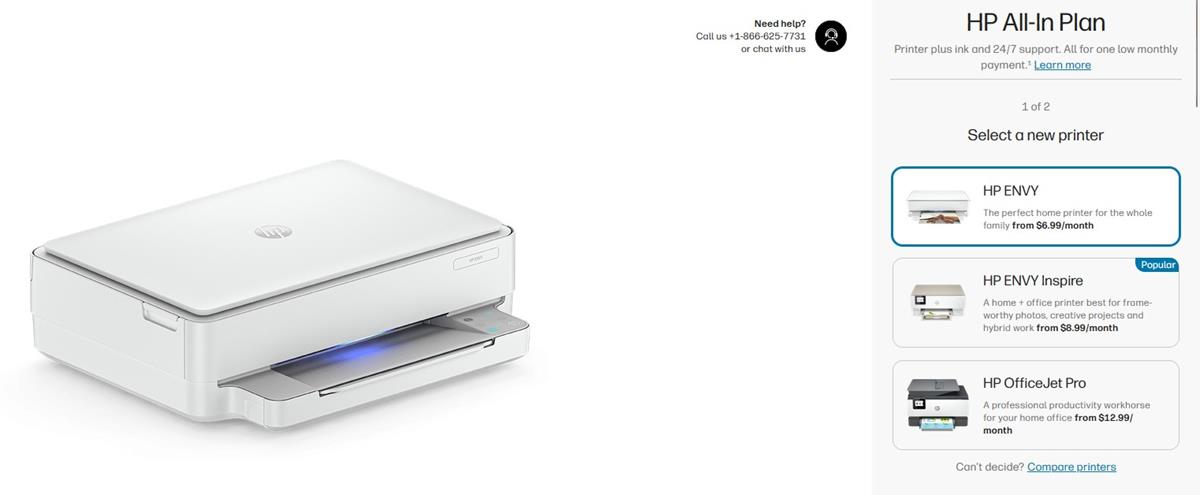
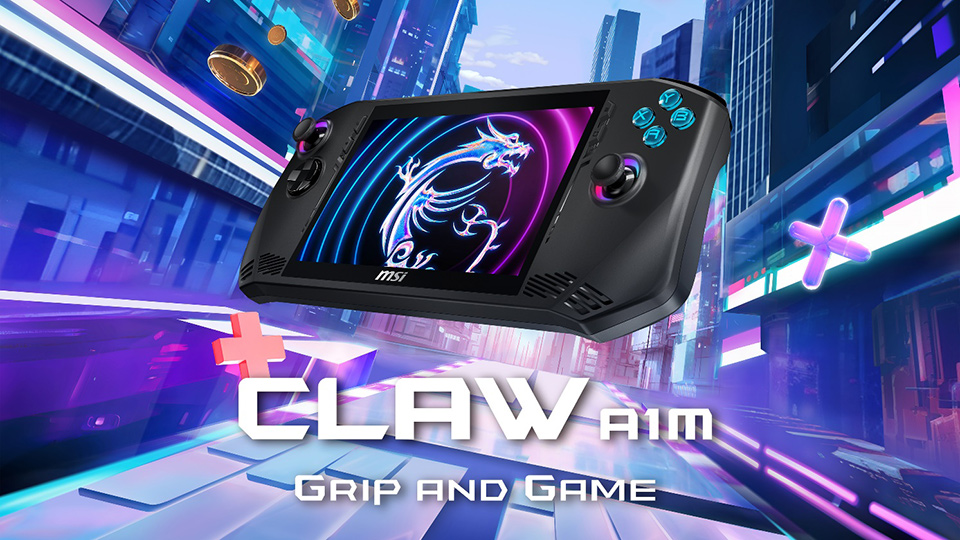

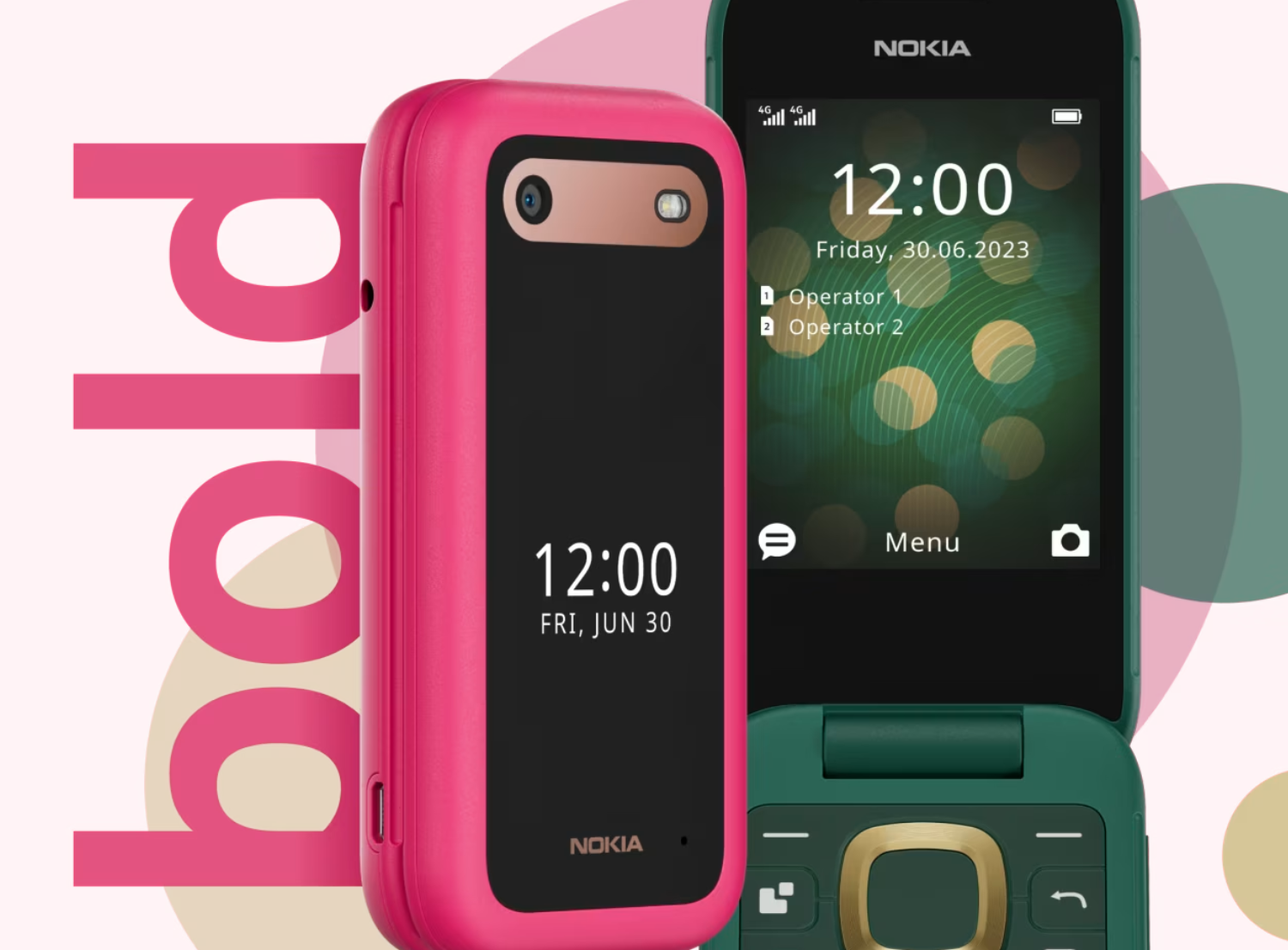
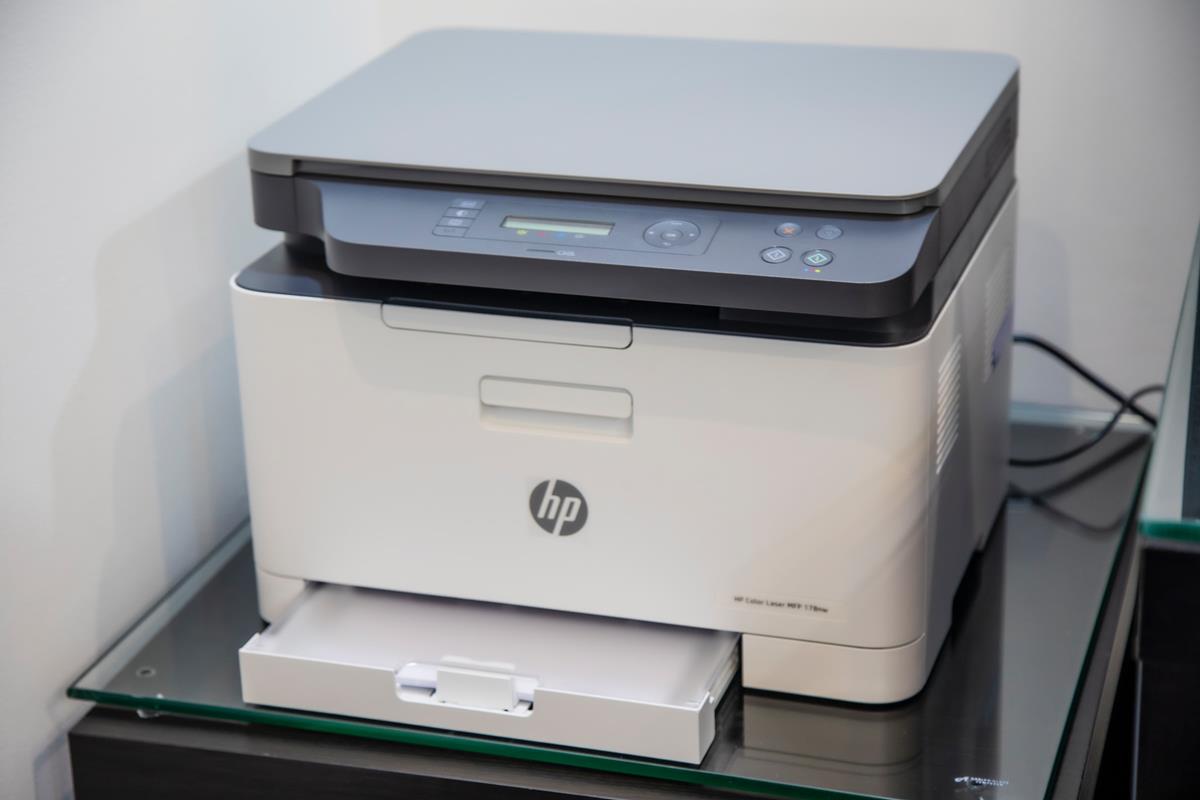
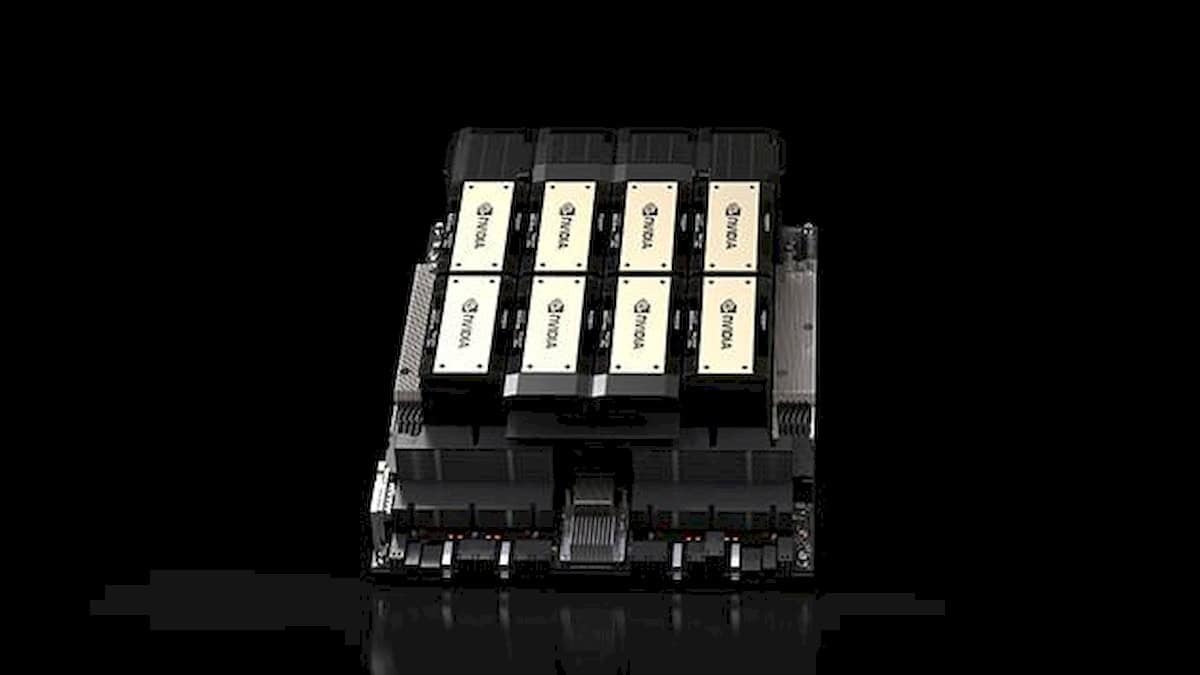
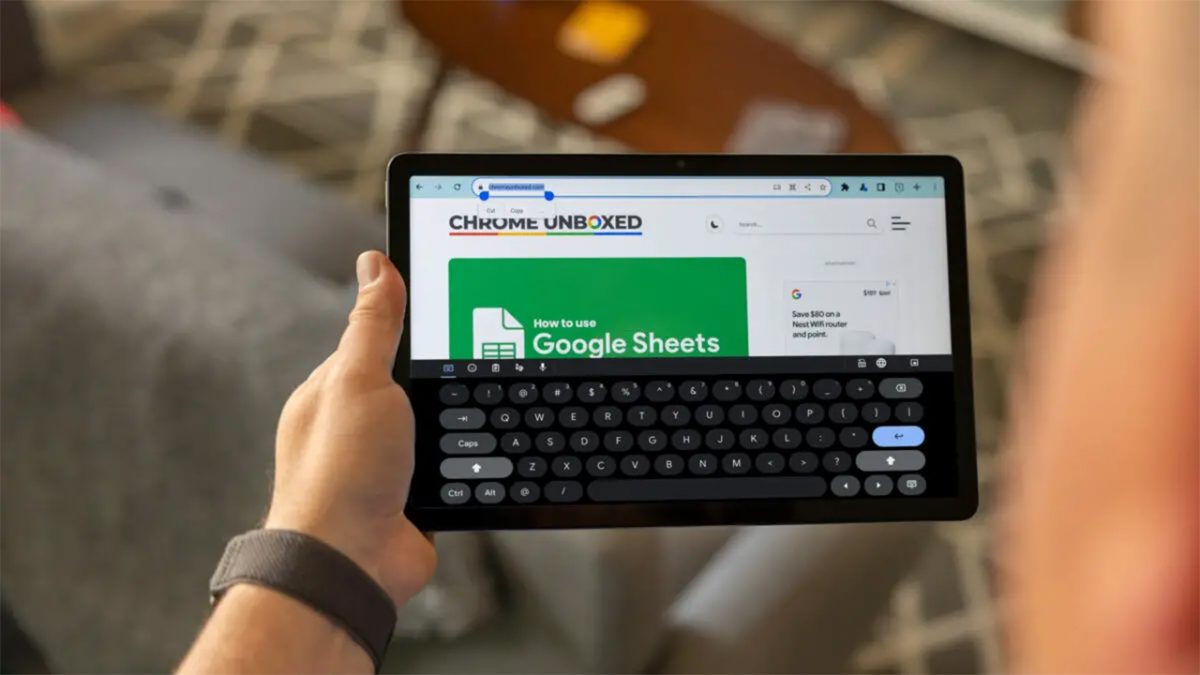
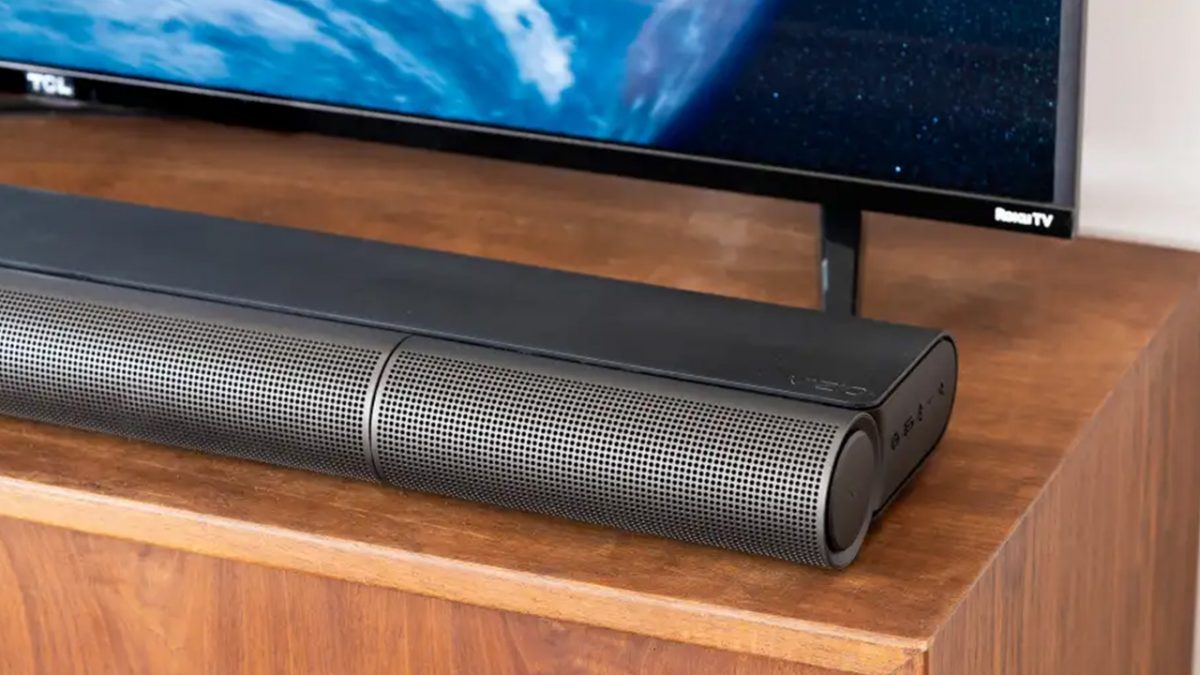
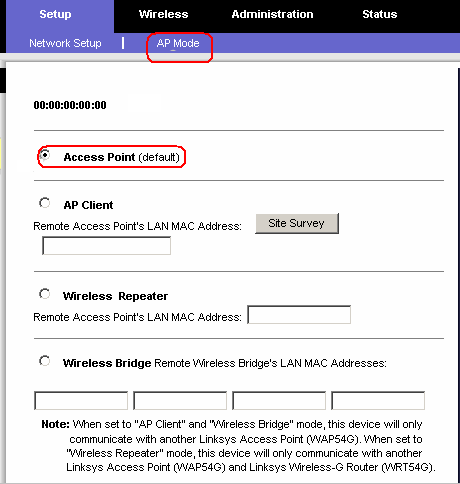
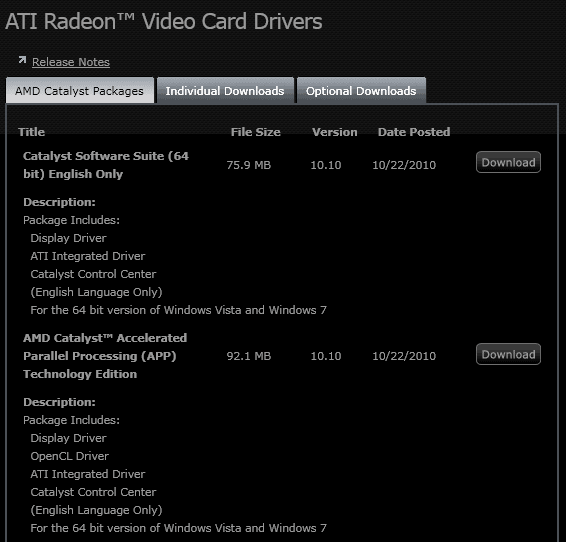










tablet creep? lol I smell a fad
Absolutly! It’s the 3D TV of of the computing world.
Someone needs to sell it more than anyone needs to use it.
like osx creep?
or like chrome/ie/safari creep in browser guis?
like ribbon creep?
In old times, times of DOS, there was Apple Macintosh with beautiful and simple GUI interface. Also there was Amiga and Atari. They were all very well accepted and successful. There was in fact nothing much similar to this present situation.
Yes. and No.
I dont have to accept anything just because Canonical says so.
KDE and XCFE (and even E17 which Im starting to get into) are still here so it really doesnt affect me or many other Linux users.
If Ubuntu was the only choice Id say its a problem but we are blessed with choice.
KDE does offer with one click of the button the ability to go from full desktop to netbook-tablet-touch mode. Which is how I think all software should be: a simple dummified version that lets you do the top 10 most often done thing and if you need more, click on a button and get the full monty. (ever see the VLC preferences settings under ALL? Scary as hell. The simple option take care of 90% of all changes you need to make and is user friendly).
I think this should apply to every program from word processor to video editing.
If Unity and Metro were offered as an option (a desktop for dummies) like KDE offers, that wouldnt be bad but corporations dont like choice because it implies that they dont know best, that there is something else better than the One. You need to be able to sell the message that THIS is the way. Add a second or third option and the message becomes diluted.
problem with tech is the lemming mentality and the idea that one size fits all.
touch is nice but I dont want to reach out an touch things when Im sitting at my desk.
The mouse-trackpad-IBM nubbin keep the movement to a minimum.
my friend has one of those HP Touchsmarts and I get tendinitis after swishing pictures from left to right for 5 mins. its round hole, square peg mentality. touch has its place but it is NOT the replacement for every situation or use.
Btw, the Office ribbon helped my nephew pay his way to college because so many companies had to retrain their staff to use it so he’s a huge fan. Just like my buddy who runs a small computer store uses Linux at home but only sells Windows OS because its better for business. He charges half what Geek Squad does and has so many demands for the usual ‘my computer is sooo slow for some(!) reason work that both his kids work there part time to do the same repetitive things so he can actually do something else.
Actually can someone explain how come Ubuntu is going back to the keyboard with HUD when everything is going touch. Isnt keyboard work a step back from clicking a mouse?
Ubuntu is run by an idiot who seems to think he knows more about UI design than Gnome does. If he truly wanted to use a friendly UI, he’d have kept Kubuntu instead of Ubuntu.
Let’s set the record straight… They are selling more Macs, now, than ever. There is no concern about the future of the platform. Second, Lauchpad is only an extension of the idea of putting symlinks/aliases on the desktop, or what Apple originally called The Finder (which it no longer does, but rather The Finder is the file management application).
Apple has introduced a slew of tablet/smartphone ideas into Mountain Lion. Haven’t you done your research? Messages for Mac, notifications, iCloud integration, Reminders, Notes, AirPlay, and Twitter integration… Notice what they didn’t do: Change the Mac’s IU to resemble something on an iPad. That’s where Ubuntu and Windows have it all wrong.
I’m a die-hard Linux fan, but I’m really starting to take a hard look at the Mac. Yeah, it’ll cost me a little more, but I already run high-end machines. But a Unix OS with the spit and polish Apple puts on all of its products? I’m getting more and more sold everytime I look at one. The Linux landscape is starting to not look so good with groups like Gnome and Ubuntu going off some deep end. Apple could bring some sanity to my life, and I can still have my Linux on there, too, if I want to.
>Messages for Mac, notifications, iCloud integration, Reminders, Notes, AirPlay, and Twitter >integration
Wow!! Really???
That is simply AMAZING!!!
Notifications is brilliant. Providing alerts and related information is a new frontier in computing.
And what about Notes? Sheer genius. Its like post-its but for a computer. If they can ever come out with them in yellow, theyve got a multi milliondollar idea.
And why didnt anyone else think about Reminders before? To do lists are woefully scarce.
Its a shame that more companies havent thought of Twitter integration, I hear its quite popular too.
After inventing MP3 players, apps stores and music stores and touchscreens its nice to see that Cupertino hasnt rested on their laurels. Will the Apple genius never end?
Hey genius, I just pointed out other features from iOS they incorporated. I didn’t say they invented them. Point is, they’ve incorporated stuff from tablets and handhelds that make sense, without trying to push a touch-centric UI down our throats like Ubuntu has and Microsoft is about to.
It’s absolutely not a bad thing.
@Morely – I second your dislike of the Office ribbon. I have been using the ribbon for many years now and cannot find everything.
The question is how will it affect productivity. That is something that can only be seen in practice. Yes, I prefer a desktop environment, but we need to be objective. If most people are using phones and tablets it makes sense for them to have the same interface on the desktop. Lets face it I have a hard time guiding my mother-in-law in operating the desktop. If a tablet like interface will help her, I am glad. However, it is possible that it will make it even more complicated. So I say we have to wait and see, even though I too am suspicious of a dumbing down of our desktops.
Except those bad things we are authorised to do advantageous features, we must accept that.
Yes, “tablet creep” is a bad thing, and no, we need not accept it.
If I am forced to choose between Metro UI and a Linux distro, Linux will win., I can choose *my* preference of UI in Linux (and if I want to stick with a Windows-7-like UI, Zorin comes with that one already baked in), while the Marketing morons in Redmond seem to think I should spend and $10,000 retraining all my users every time Steve Ballmer farts into the source code.
Here’s a shock: not every change to the UI is a change for the better. The “ribbon,” for example, is a worthless “change for change’s sake” that has allowed me to convince our Management that we *don’t* need Office 2010. Metro UI will probably help me convince Management that we don’t need Windows 8 – unless it’s made optional, and *not* the default.
>People then, who were used to running software in DOS, such as the all conquering WordPerfect and Lotus 1-2-3, didn’t see the point of the new GUI and they didn’t want to waste their time learning it. What’s more these GUIs simply wouldn’t run on the computers of the day as the hardware wouldn’t support it. Sound familiar?
Actually, no, it doesn’t.
Also, I still didn’t “get used” to Ribbon on Office, it still makes me waste a lot of time. It was a bad design choice that was never acknowledged as such.
If only it had an option to use the classic menus, without needing 3rd party software, but no, they wanted to force it on you.
Regarding the Superbar, I just re-enable the labels and use it as an enhanced Quick Launch.
Windows 7 is gonna be just fine for more 10+ years, we don’t need to worry just yet.
A well organized start menu is too difficult and takes too many clicks? I don’t think so. I hate desktops full of icons. Tried this mess called Metro, tried Unity and decided that those “tablet desktops” won’t be in any of my computers.
I’ve come to despise the phrase: Like it or not.
That’s about all I’ve read about OSes in the last few years. Like it or not, you’re getting this. Like it or not, you’re going to the cloud. Like it or not . .
Well, I DON’T LIKE IT.
I mostly ignore the taskbar. I use a launcher to open applications (and files). On the left side of my left monitor are 10 icons, folders with shortcuts to .exe files (in case I forget the name of the program I’m looking for. Yes, I have a lot of them). There are 4 more across the top. They don’t get in the way of my nice wallpaper. My desktop is uncluttered.
I despise the taskbar on my Win7 machine. It’s too big. It pops up if an app or the mouse get anywhere near it. And sometimes it won’t disappear (it’s set on auto-hide) and I can’t figure out why. Now MS wants to push an OS that turns the whole desktop into one big taskbar – and an ugly one, at that — whether I like it or not.
Tablet OS is not creeping onto my desktop. Like it or not.
Mike, I’m not sure what your beef with the Superbar really is. It’s not as if having icons on the taskbar and in the Start Menu is significantly different from the quick launch bar that has been around since Windows 98. Putting a ton of icons and folders all over your taskbar might suit you, personally, but I imagine a lot of people would find that way too cluttered and ugly to deal with themselves. I have my primary programs on the taskbar and if I want something less commonly used I only have to hit start and type the first two or three letters then hit enter. It does not require lots of rooting around or rifling through jumplists. To each their own, of course, but that really does not seem like a solid argument against the current Windows interface.
I’m also not sure why you think that there’s nothing to be concerned about with regards to applications being watered down for people using their fingers. You just cited an enormous example of it happening. Why would you then immediately conclude that it isn’t likely to be a problem? Personally, it’s one of my most significant concerns with tablet-creep. I can always stay with Windows 7 for a good long time if I have to, but if we get to a point where we cannot upgrade our apps because the new versions are actually losing features, I will not be a happy consumer. We have already seen it to a significant extent in the video game market, where increasingly extreme hardware demands and graphical polish has left little room or resources for content. There are exceptions, of course (Skyrim is enormous and no one insisted it have Kinnect support) but the concern about watering things down remains. It won’t all go the way of Final Cut Pro? Says who?
Inevitable my ass! The most successful operating system has always been the most customizable.. That will never change.
I too think that it’s bad. Tablets are very different from desktop computers, so is the way people work with them, they have almost nothing in common and I don’t see the reason for these new interfaces being pushed to the desktop environment. Some people insist that it is innovation but I don’t agree. Ok, we might not need traditional start menus, but that does not mean that they have to change the whole thing. This new type of interfaces (metro, gnome3, unity) is good for tablets but it does not help you get your work done on a desktop computer, in my opinion it stands in my way instead of being useful.
I think that tablet-creep is bad. What is good for tablets, touch devices for consuming – is not good for desktop devices for working, and as far as I see, most people don ‘t like idea of tablet-creep.
As for Unity and no complains – I heard them from people used to Linux. Last week I even read an article with statistics showing that Ubuntu search popularity falls and popularity of Linux Mint, Ubuntu ‘flavor’ which left Gnome 2 old-style desktop, grows. I tried Unit and ended switching to the Mint too, praising Linux for choice of shells and opensource ability of easily creating forks different from the main line. Free as a freedom and as a beer, you know.
Back to Windows,
– I designed ‘my’ start menu with Windows PowerPro launcher in Windows 7
– I won’t use Metro and Metro apps where I’m not well paid for that
– I hope that there always will be some launchers, allowing user to design menus the way they want too, leaving choice of style to them
– there are some already :)
FYI, DistroWatch shows Mint holding a comfortable lead in popularity over standard Ubuntu. (#1 and #2 respectively.) Disclaimer: I don’t use either one.